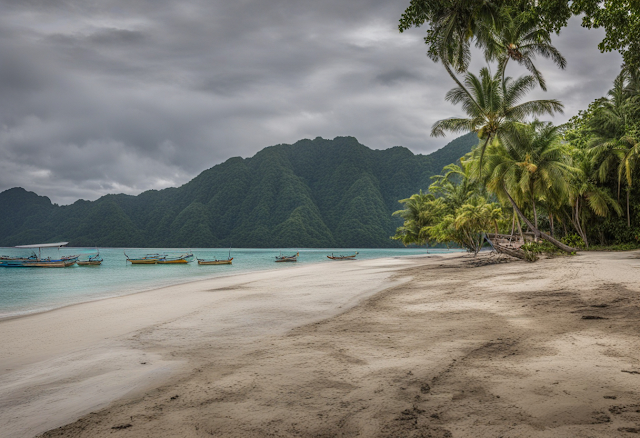Are you considering a move to the Philippines? This tropical archipelago has been attracting expatriates from all over the world for its unique blend of friendly people, stunning natural wonders, and affordable living. However, like any other place, living in the Philippines comes with its set of advantages and challenges. In this blog post, we'll explore the reasons why many foreigners find the Philippines a great place to live, as well as the hurdles they might face.
The Bright Side:
1. Warm Hospitality and Vibrant Lifestyle:
The Philippines boasts a population known for their warm hospitality. Filipinos value family, friendship, and enjoy a vibrant lifestyle. Moreover, English proficiency among the locals makes communication easy for expatriates.
2. Breathtaking Natural Beauty:
From picturesque beaches and majestic mountains to terraced rice fields and cascading waterfalls, the Philippines offers a diverse range of landscapes to explore. Its rich cultural heritage, influenced by various ethnic groups and colonial powers, adds depth to the experience.
3. Affordable Cost of Living:
One of the major draws for expats is the affordable cost of living. Housing, food, transportation, and services are budget-friendly, allowing for a comfortable lifestyle even on a modest budget. Discounts for seniors and duty-free imports further sweeten the deal.
4. Culinary Delights:
Food enthusiasts will find delight in Filipino cuisine, a fusion of Malay, Chinese, Spanish, and American flavors. International restaurants catering to diverse tastes are also readily available.
5. Retirement Visa and Permanent Residency:
The Philippines offers retirement visa options, allowing expats to stay indefinitely. Permanent residency benefits include access to healthcare and banking services.
6. Domestic Help and Healthcare:
Inexpensive domestic services, including maid service and healthcare, make everyday life more convenient for expatriates.
The Challenges:
1. Property Ownership Restrictions:
Foreigners cannot buy land in the Philippines, limiting property options to leasing or condominium units.
2. Taxation Complexities:
Understanding and navigating the tax system, which can be complex for expats, is crucial to avoid legal issues.
3. Extreme Weather and Natural Disasters:
The tropical climate means hot and humid weather and the possibility of extreme storms, typhoons, earthquakes, and other natural disasters.
4. Public Healthcare Limitations:
The public healthcare system might not meet expatriate expectations in terms of quality and waiting times, necessitating reliance on private healthcare facilities.
Conclusion:
Living in the Philippines offers a unique blend of cultural experiences, natural beauty, and affordability. However, it's important to weigh the pros and cons carefully before making the move. Adapting to the challenges might require effort, but for many, the rewards of living in this paradise far outweigh the difficulties.
Ultimately, whether the Philippines becomes your new home depends on your willingness to embrace its quirks and navigate its challenges. For many, the allure of this tropical haven is irresistible, making it a destination worth considering for your next adventure.


0 Comments